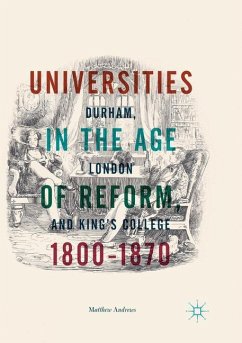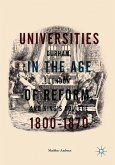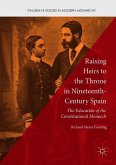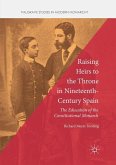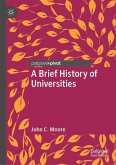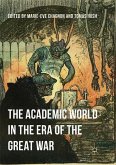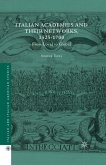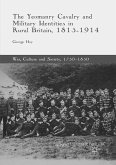This book considers a crucial moment in the development of English higher education, and also provides a new and comprehensive history of the early decades of Durham University. During the Age of Reform innovative ideas about the role and purpose of a university were moving at an unprecedented pace. Proposals for new institutions in all parts of the country were developing quickly and resulted in the foundation of Durham University, London University (later re-styled University College, London), and King's College, London. While normally overshadowed by the London institutions, this book demonstrates not only that Durham attempted to produce a far broader institution than any historian has given its founders credit for, but that a remarkable attempt at a third-way in English higher education has been neglected. Matthew Andrews therefore not only provides the first fully researched account of this important national institution since 1932, but also carefully situates Durham in itscontemporary context, and alongside the two other most prominent emerging institutions of that time.
"Andrews' book is valuable for drawing attention to these wider trends, and has some interesting pieces of information as well as useful graphs of student enrolments. ... The book is aimed more at specialists in university history and the broader history of Victorian culture, and they will appreciate its scholarly contribution to understanding a still neglected period." (Robert Anderson, History of Education, Vol. 48 (6), 2019)

